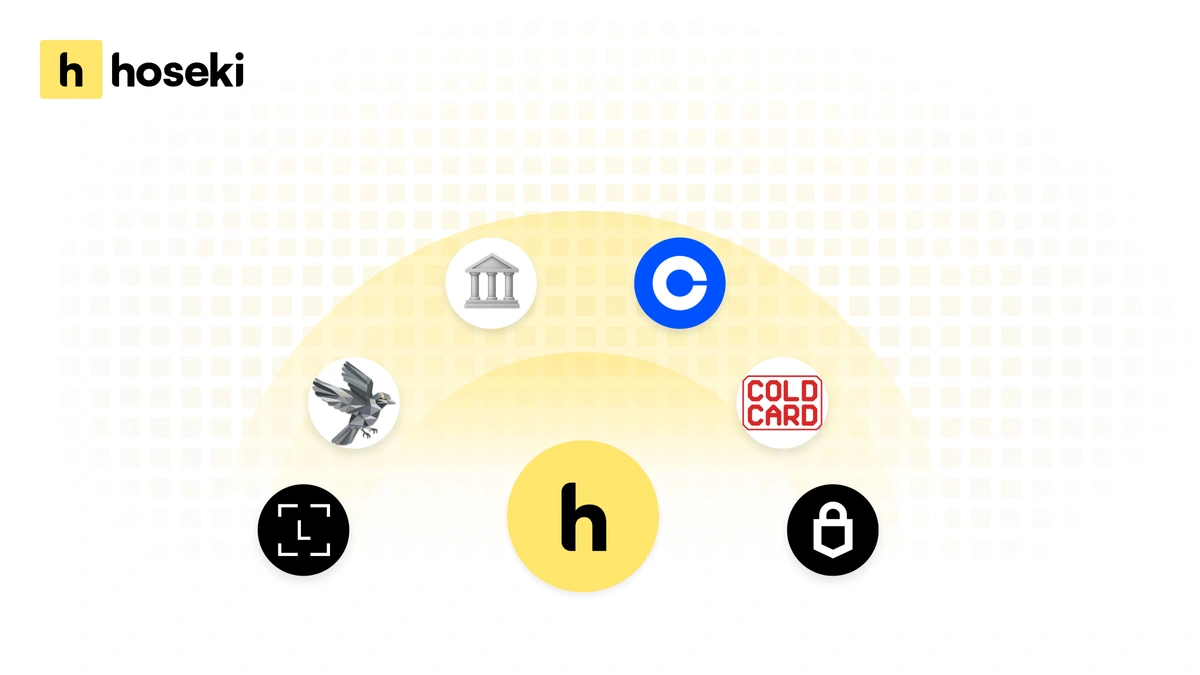
Bitcoin Financialization Is Accelerating
Coinbase recently announced what could be considered the world’s first Bitcoin-collateralized credit card. You earn Bitcoin on purchases, and the rate depends on how much you hold with Coinbase. While you’re not pledging Bitcoin directly against your credit line, the mechanics are close: your level of holdings determines the privileges you receive.
How it works
- 2% back in Bitcoin with no assets on Coinbase.
- 2.5% back in Bitcoin with $10k worth of assets on Coinbase.
- 3% back in Bitcoin with $50k.
- 4% back in Bitcoin with over $200k.
Coinbase has not yet disclosed the potential caps on rewards for each tier. But the structure is clear: the more assets you hold on-platform, the greater your rewards. Because those rewards are paid in Bitcoin, spending on the card creates a compounding flywheel — the more you use it, the more Bitcoin you accumulate. It’s not collateralized in the traditional sense; instead, Coinbase most likely expects that customers with large balances will either trade more (driving exchange revenue) or allow Coinbase to deploy those balances in other ways that generate returns.
Why this is a big deal
This isn’t just another rewards card. It’s the first mainstream financial product where significant Bitcoin holdings unlock meaningful privileges. For the first time, Bitcoiners may be tempted to move a portion of their stack into a specific platform simply to access those benefits.
Bitcoin-collateralized loans were technically the first step in financializing the asset, and they remain a crucial component. But so far, they’ve often come with high rates tied to Bitcoin’s volatility. They serve a purpose and will likely improve, but they haven’t yet delivered a clear, everyday advantage for most holders. This card feels different: instead of asking you to borrow against your Bitcoin at high rates, it rewards you for simply holding it — a more direct and immediately beneficial form of financialization.
That shift marks a turning point. Bitcoin is no longer treated only as inert property tucked away for safekeeping. It’s being recognized as productive capital — an asset that can unlock tangible rewards, better terms, and new forms of access.
Unlike traditional assets, Bitcoin is digitally native and can be held self-custodially, without any counterparty. That makes the opportunities ahead not just more expansive, but more free: property you alone control can participate in global markets, strengthening sovereignty and financial freedom.
Today, that means higher card rewards. Tomorrow, it could mean lower mortgage rates, more favorable loan conditions, or entirely new categories of financial products built around Bitcoin ownership and financialization.
As this trend continues, Bitcoiners will become a sought-after group of customers because of their holdings. Financial institutions will compete to attract them, designing products and incentives specifically for those with meaningful Bitcoin balances. This competition will create a marketplace of opportunities tied directly to digital property.
In that world, simply holding Bitcoin won’t be enough. Individuals will need ways to prove what they own, where they own it, and how their liabilities are structured. That proof will be essential to accessing and comparing offers, managing where assets are pledged, and taking advantage of the best opportunities. Financialization won’t just expand the range of products available — it will create an ecosystem where provable Bitcoin ownership is the key to participation.
Financialization has begun. Coinbase’s card is the first sign, but it won’t be the last. For those who save in Bitcoin, the opportunity set is only beginning to open.
At Hoseki, we believe Bitcoin’s financialization should extend beyond centralized custodial platforms and empower individuals — no matter how they choose to hold their wealth. We’re building the verification layer that makes this possible, enabling Bitcoin to unlock opportunity without compromising sovereignty.
If you’re interested in joining us on this journey, join our waitlist for beta access.
If you’re an institutional customer looking to attest Bitcoin ownership, get in touch with us here.